Vascular Parkinson S Disease
Vascular parkinson s disease. A reduction in dopamine is responsible for many of the symptoms of Parkinsons disease. They are most frequently due to primary neurodegenerative disease resulting in the loss of dopaminergic nerve terminals along the nigrostriatal pathway similar to idiopathic PD MSA PSP CBD and DLB. The movement issues from VP are caused by small strokes in a section of the brain called the basal ganglia which controls movement among other functions.
This leads to a reduction in a chemical called dopamine in the brain. Medline Embase Cinahl R and PsycINFO were searched by querying appropriate key words. Common symptoms include problems with memory sleep mood and.
Criteria for the clinical diagnosis of vascular parkinsonism VP have been proposed which are derived from a postmortem examination study. Dopamine plays a vital role in regulating the movement of the body. Parkinson disease is a primary degenerative disease of the brain but parkinsonism can also result from a variety of vascular disorders.
Parkinsonian syndromes are a group of movement disorders characterized by classical motor symptoms such as tremors bradykinesia and rigidity. Parkinsons Disease Caused by Stroke. Vascular parkinsonism VP remains a loose constellation of various clinical features.
Vascular parkinsonism VP most frequently presents as lower body parkinsonism a condition that is accompanied by the development of white matter lesions WMLs and lacunes in the brain. When this happens it is called parkinsonism 1. It is caused by damage to certain areas of the brain.
Vascular Parkinsonism Vascular parkinsonism is usually caused by clotting in the brain from multiple small strokes. Parkinsons disease is caused by a loss of nerve cells in part of the brain called the substantia nigra. Vascular parkinsonism is a brain disorder that mimics some of the features of PD particularly the characteristic gait and balance symptoms.
Vascular parkinsonism VP is one. Vascular parkinsonism VP accounts for 25-5 of all cases of parkinsonism in various population based and clinical cohort studies.
Understanding Parkinsons Parkinsons Disease vs.
Several small strokes in the part of the brain that receives information about position and movement can cause Parkinsons-like symptoms such as rigidity and slowness walking with short shuffling steps speech and memory or thinking problems. Criteria for the clinical diagnosis of vascular parkinsonism VP have been proposed which are derived from a postmortem examination study. Vascular parkinsonism Vascular parkinsonism also known as arteriosclerotic parkinsonism affects people with restricted blood supply to the brain. Parkinsonism is a syndrome that features bradykinesia slowness of the initiation of voluntary movement and at least 1 of the following conditions. Several small strokes in the part of the brain that receives information about position and movement can cause Parkinsons-like symptoms such as rigidity and slowness walking with short shuffling steps speech and memory or thinking problems. They are most frequently due to primary neurodegenerative disease resulting in the loss of dopaminergic nerve terminals along the nigrostriatal pathway similar to idiopathic PD MSA PSP CBD and DLB. Vascular parkinsonism is caused by one or more small strokes while Parkinsons is caused by a gradual loss of nerve cells. Vascular Parkinsonism Vascular parkinsonism is usually caused by clotting in the brain from multiple small strokes. The main symptoms of vascular Parkinsonism include.
Parkinsons Disease Caused by Stroke. A Parkinsons disease -like condition known as vascular parkinsonism VP. Some of the same symptoms as Classical Parkinsons but mainly mobility problems through leg freezing balance problems and inability to negotiate. Vascular parkinsonism is a brain disorder that mimics some of the features of PD particularly the characteristic gait and balance symptoms. Parkinsons disease is caused by a loss of nerve cells in part of the brain called the substantia nigra. Slow movements walking and balance difficulties muscle stiffness and rigidity limb weakness. Vascular parkinsonism typically affects the legs much more than the arms often leading to significant walking and balance problems.
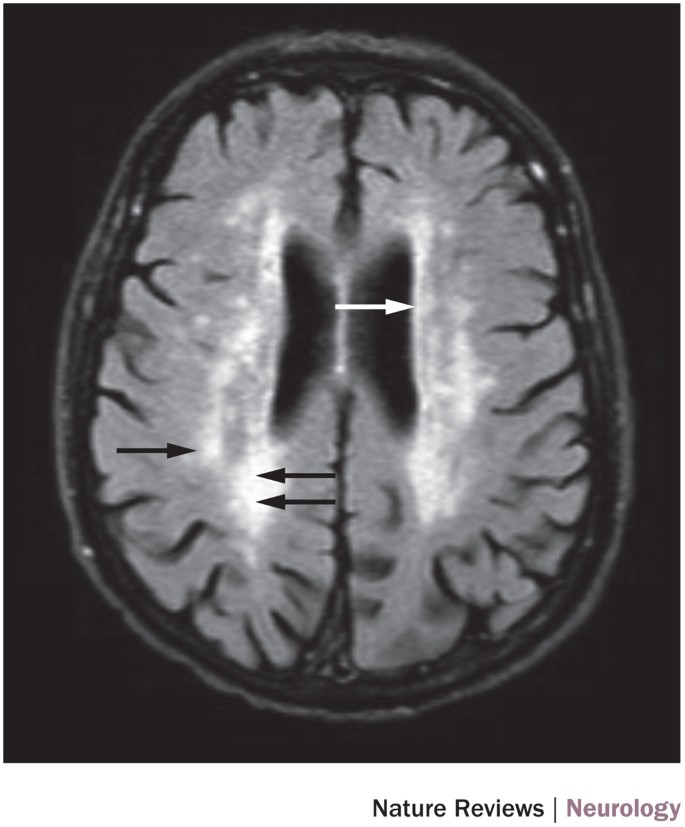




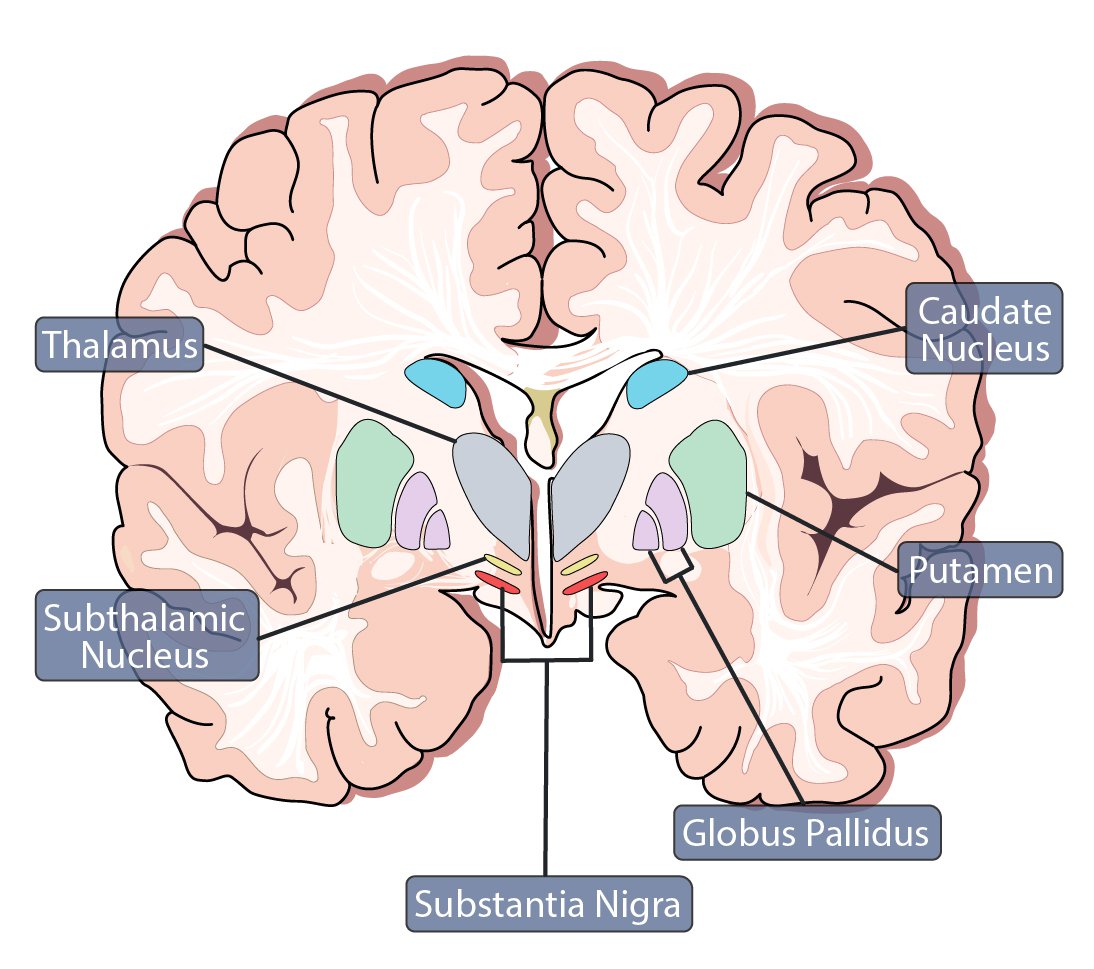





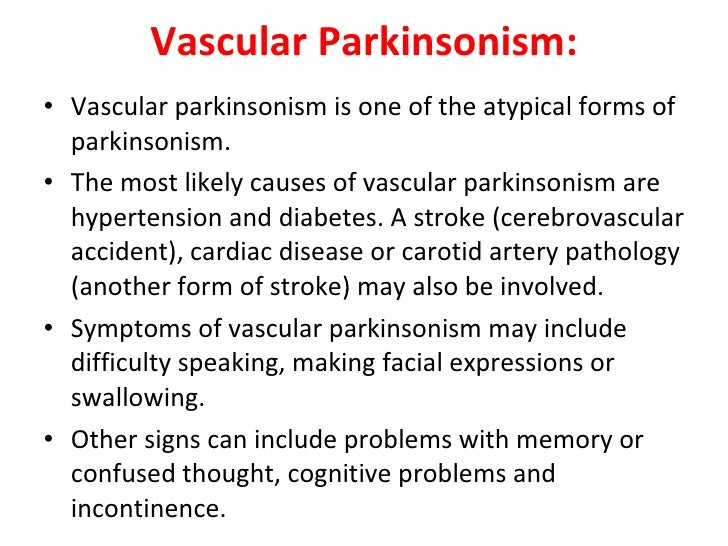


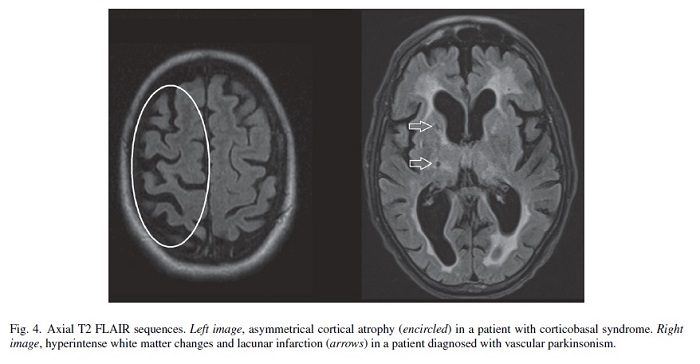
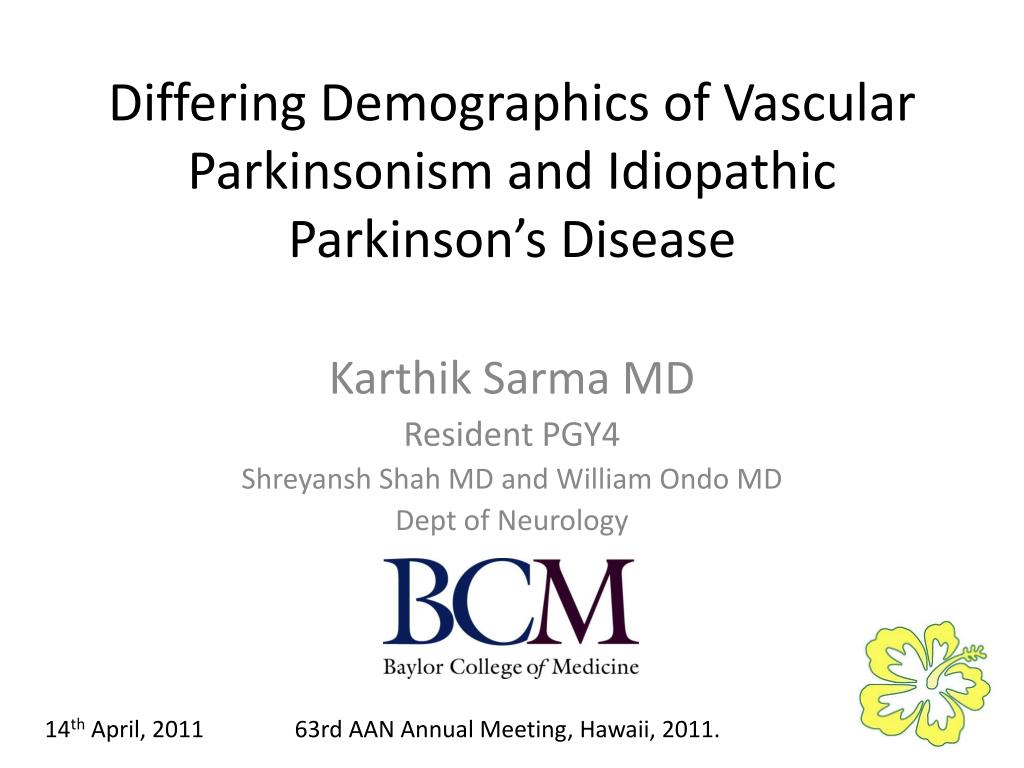



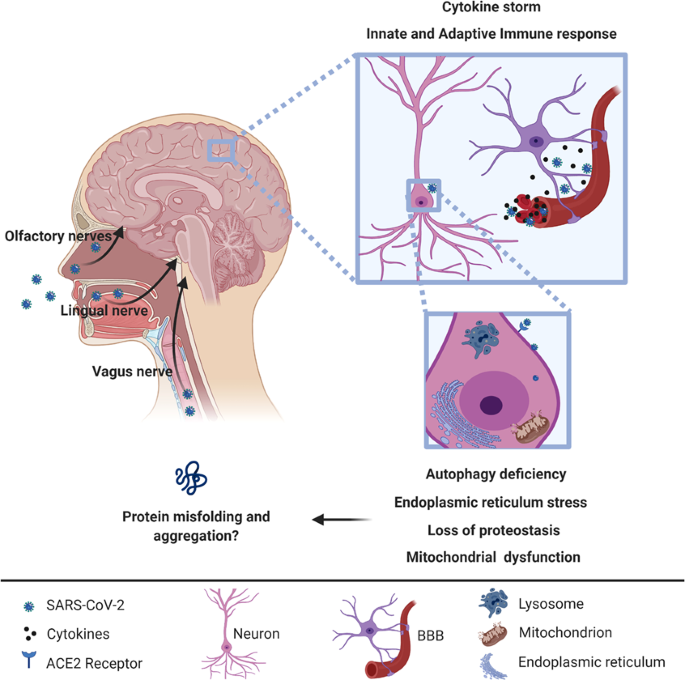









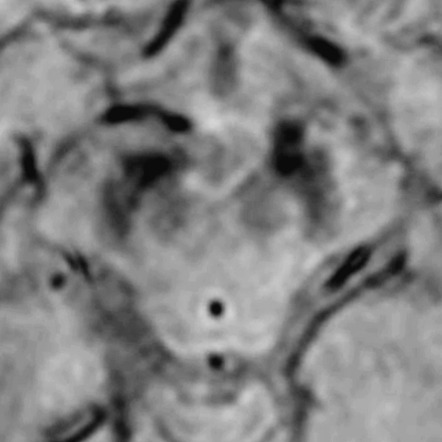

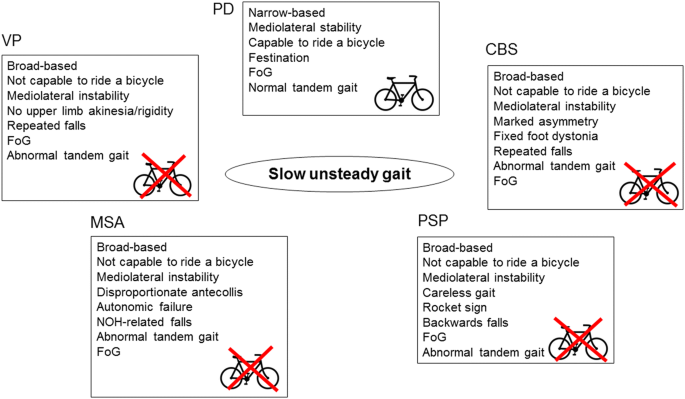










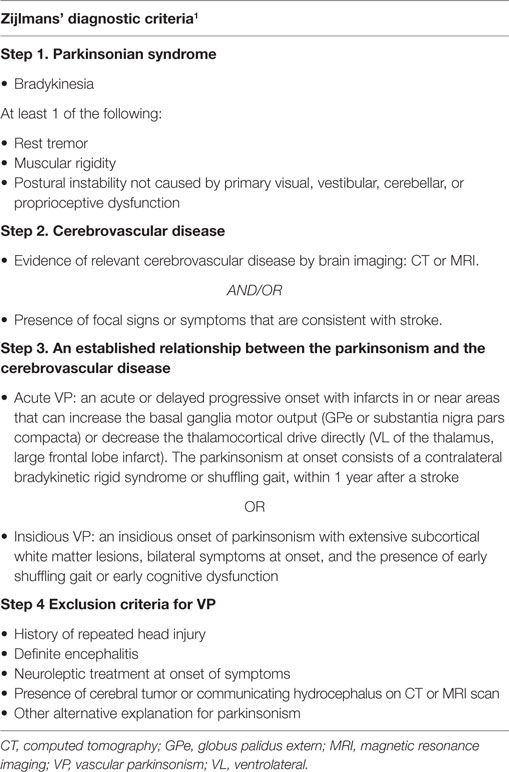

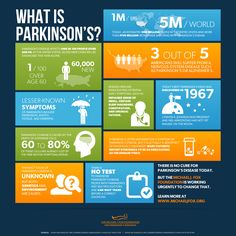
Post a Comment for "Vascular Parkinson S Disease"